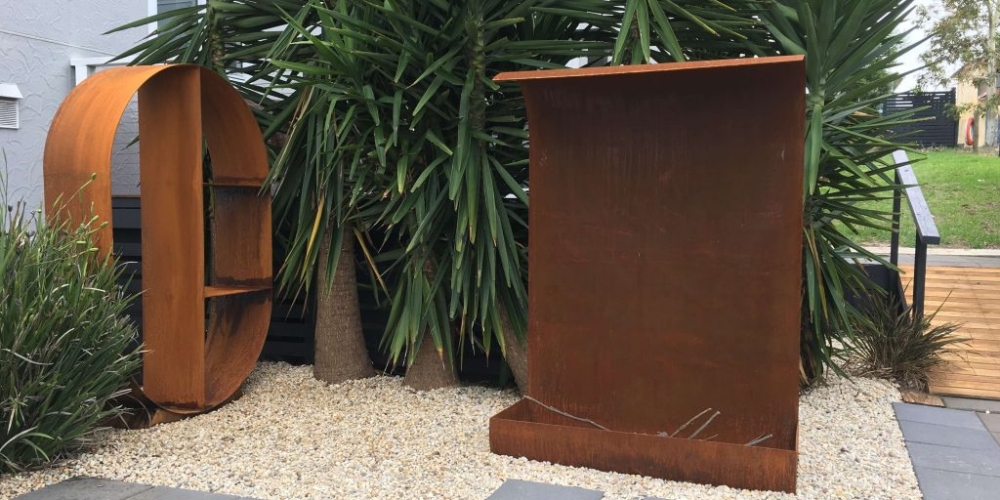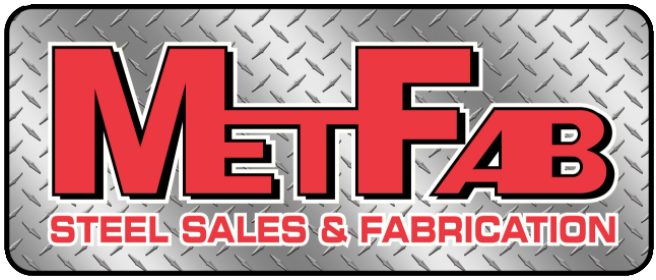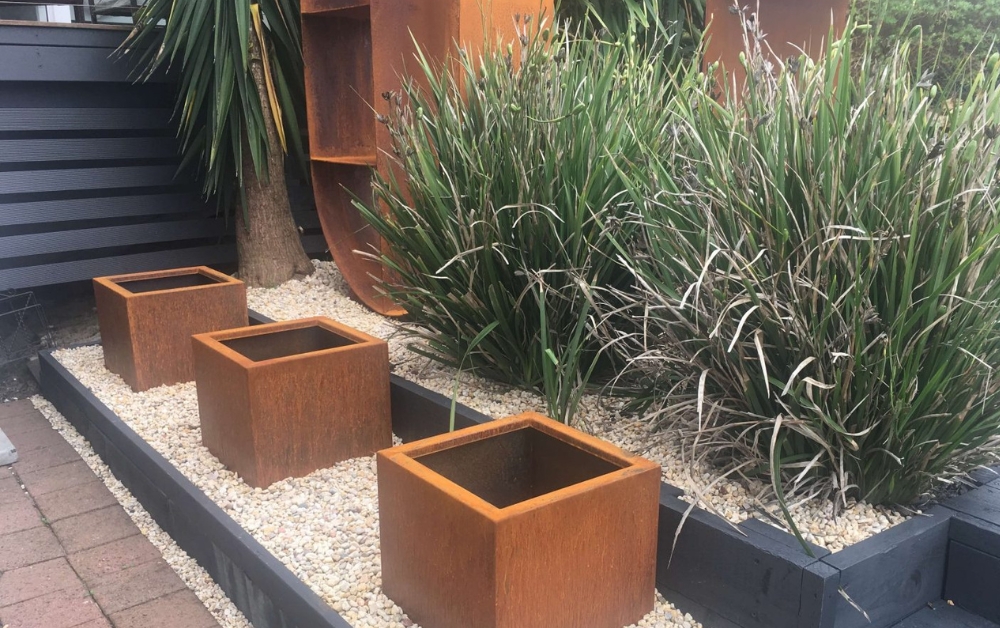How Long Does Corten Steel Take To Rust?
Have you ever wondered how quickly Corten steel turns that cool rusty colour? When it's brand new, Corten steel looks all shiny and modern, like something you'd see in a sleek building or outdoor artwork. But what makes it stand out is how it changes over time.
At first, you will often see our Corten steel metal works have this smooth, metallic look that's fancy. It's like a blank canvas waiting to transform. And guess what? It transforms into this beautiful, weathered, rusty finish that people love.
Why Do Corten Steel Rust?
Some people who would see weathered steel works for the first were surprised to see Corten steels. We don't blame them; if you are not into artistic touch, you will not appreciate the aesthetic value of Corten steel at first.
If you're not really into art or design, wait to see the appeal of Corten steel. And that's okay—before it rusts, Corten doesn't have that classic, warm look that most people associate with metal. Instead, it looks more like a modern sculpture or a sleek building material.
The thing about Corten steel is that it only stays that way for a short time. It transforms, and that's where the magic happens.
So why does Corten steel eventually become rusted? Its composition holds the secret. A mixture of copper, chromium, nickel, and phosphorus alloys make corten steel. With the help of this unique mixture, Corten can weather naturally and eventually take on the appearance of stable rust, which we call patina formation, following a certain amount of exposure to air, sun, and rain.
Corten gradually begins to change over time, usually in the course of several months to a year. The surface starts to take on a layer of rust, eventually turning into the earthy tones that give it its unique appearance.
How Long Does Corten Steel Rust, Then?
Based on our experience making weathered metal structures for almost two decades, Corten steel typically takes around six months to 2 years to fully rust, depending on the climate and environmental conditions. The process of rusting, also known as the weathering process, is influenced by factors such as humidity, exposure to salt air, and the frequency of wetting and drying cycles.
The rusting process may occur more quickly in wetter and more corrosive environments. Corten steel develops a protective layer of rust, which adds to its aesthetic appeal and provides corrosion resistance, making it a popular choice for outdoor sculptures, architectural applications, and landscaping.
How Do You Make Corten Steel Rust Faster?
You can try a few techniques if you're eager to speed up Corten steel's rusting process and give it that lovely, worn appearance more quickly. Although Corten steel eventually rusts naturally, you can speed up the process by using the following methods:
Water Treatment
Frequent Wetting and Drying: Wet/dry cycles accelerate the rusting process of corten steel. To mimic the effects of natural weathering, think of frequently misting the surface with water and allowing it to dry.
Salt Solutions
Saltwater Sprays: Corten Steel will corrode more quickly if it is salted. After combining salt and water, mist the area and let it dry. This simulates the corrosive nature of coastal areas.
Vinegar and Peroxide Mix
Vinegar and Hydrogen Peroxide: Create a solution by mixing equal parts white vinegar and hydrogen peroxide. Apply the mixture to the Corten surface and let it sit. This can help speed up the oxidation process.
Accelerated Weathering Solutions
Commercial Products: Some companies offer accelerated weathering solutions specifically for Corten steel. These products often contain chemicals that promote rust formation. Follow the product instructions for the best results.
Natural Exposure
Place in a High-Humidity Environment: We also suggest positioning the Corten steel in an area with high humidity, as moisture accelerates the rusting process.
Pro tip: Remember that while these methods can hasten the development of the rusted patina, they may also impact the uniformity and longevity of the finish. Additionally, be cautious with chemical treatments, ensuring they are applied safely and by any product guidelines. Testing any method on a small, inconspicuous area is always a good idea before treating the entire surface.

Can You Stop Corten Steel From Rusting?
Suppose you would rather keep your Corten steel looking more stable. In that case, there are techniques to slow down or minimise the rusting process, even though Corten steel is meant to grow a protective layer of rust for better durability and aesthetic appeal. Here are a few techniques to slow down the rate at which Corten steel rusts:
Clear Coating
A transparent protective coating can keep steel and the environment apart. This coating aids in preventing the typical rust patina from developing. Remember that this could change the steel's look by giving it a glossier or more polished finish.
Regular Cleaning
One way to slow down the rusting process is to clean the Corten surface regularly to eliminate pollutants, salts, and dirt. Use a moderate detergent or soft cleaner with a soft brush or cloth.
Sealing
Use a sealant that inhibits corrosion to protect the Corten steel. This might be a transparent sealer that creates a shield over the surface to shield it from air and moisture.
Dry Environment
Corten steel can rust more slowly if placed in a drier climate. Reducing exposure to moisture can help preserve a more regulated appearance because humidity speeds up corrosion.
Regular Maintenance
Examine and maintain the Corten steel regularly. Patch up any places where the covering might be damaged, and take quick action on any corrosion that appears.
It's important to note that attempting to stop the rusting of Corten steel completely may be challenging, as it is an inherent characteristic of the material. Moreover, interfering with the natural weathering process may impact the overall durability and longevity of the steel. If the goal is to maintain the appearance of newly installed Corten steel, alternative materials with similar aesthetics but different weathering properties may be considered.
Always consider the specific requirements of your project and seek guidance from us professionals familiar with Corten Steel to make informed decisions about its maintenance and appearance.


